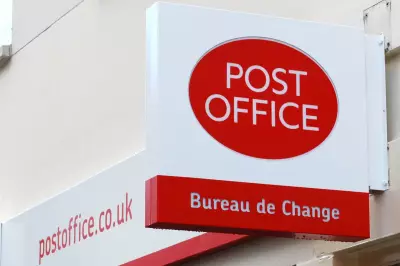
The Bank of England has raised urgent concerns about the deteriorating financial health of British households, with new data showing millions are struggling to meet essential payments.
Alarming Spike in Financial Distress
According to the Bank's latest Financial Stability Report, the number of households falling behind on bills and loan repayments has surged dramatically. The central bank's Financial Policy Committee has identified this as a major threat to the UK's economic stability.
Key Warning Signs Emerging
The report highlights several critical indicators that point to growing financial pressure:
- Sharp increase in defaults on essential household bills
- Rising numbers of borrowers unable to meet mortgage commitments
- Growing reliance on high-cost credit to cover basic expenses
- Significant deterioration in consumer credit conditions
Vulnerable Groups Hit Hardest
While the crisis affects broad segments of the population, certain groups are experiencing disproportionate financial strain. The Bank specifically noted that renters and lower-income households are facing the most severe challenges in managing their financial obligations.
Broader Economic Implications
This consumer debt crisis doesn't exist in isolation. The Bank warned that continued financial stress among households could potentially spill over into the broader banking system, creating ripple effects throughout the UK economy.
Regulatory Response Underway
In response to these worrying trends, the Bank of England has instructed lenders to maintain strong financial buffers and ensure they have adequate plans to support customers experiencing financial difficulties. The central bank emphasised that financial institutions must remain prepared to handle increased defaults without compromising their stability.
The situation represents one of the most significant challenges to UK household finances in recent years, with implications that could extend well beyond individual borrowers to affect the entire economic landscape.





